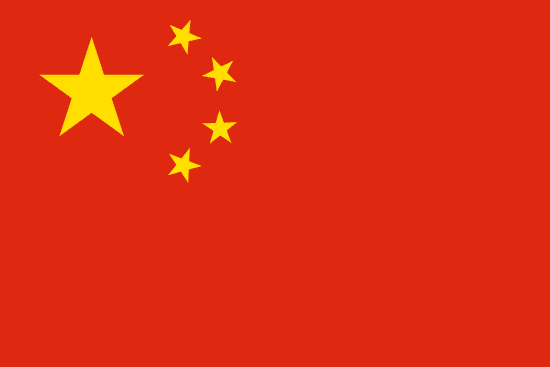"青海之都 | The Capital of Qinghai"
About:
Xining, the capital of Qinghai province in China, has a history dating back over 2,100 years. It was established as a military outpost during the Han Dynasty (202 BC–220 AD) and later became a key link on the Silk Road. Xining has been a melting pot of various ethnic groups, including the Han, Tibetans, Hui, and others. Over the centuries, it has experienced periods of growth and decline. In modern times, Xining has developed into a significant economic and cultural center in western China.
When to visit:
Xining, located in the northwest of China, experiences distinct seasonal changes throughout the year. The best time to visit Xining is during the summer months of June to August when the weather is pleasantly warm with clear skies, making it ideal for outdoor activities and exploration. Spring and autumn also offer mild temperatures and colorful scenery, perfect for enjoying the city's cultural attractions and natural beauty. Winter in Xining can be cold and snowy, but it presents a unique opportunity to experience the city's winter festivities and witness the stunning snow-capped landscapes.
When to avoid:
Traveling to Xining, China during the Chinese National Day holiday in early October is generally considered the worst time due to the high influx of domestic tourists. The city experiences overcrowded attractions, long lines at popular sites, and limited availability of accommodations. Additionally, transportation can be congested, leading to delays and inconvenience for travelers. It is advisable to avoid visiting Xining during this holiday period to ensure a more pleasant and smooth travel experience.
Winter
Winter in Xining can be quite harsh, with temperatures often dropping below freezing and occasional snowfall. The cold weather can make outdoor activities and sightseeing uncomfortable.
Summer
Summer is the best season to visit Xining. The weather is warm but not too hot, with average temperatures ranging from 15°C to 25°C (59°F to 77°F), making it perfect for outdoor activities and exploring the city.
Language:
Mandarin Chinese is the primary language spoken in Xining, the capital of Qinghai province in China. However, due to the city's diverse population, other languages such as Tibetan, Hui, and Salar are also commonly spoken. These languages reflect the multicultural aspects of Xining, which is home to various ethnic groups including the Han, Hui, and Tibetan communities.




